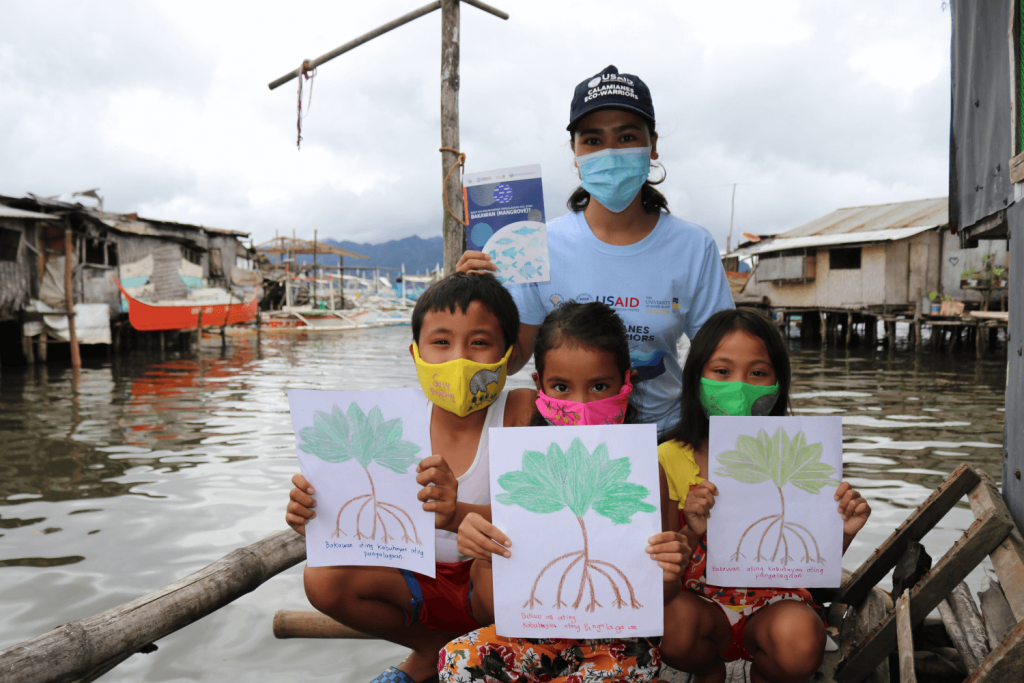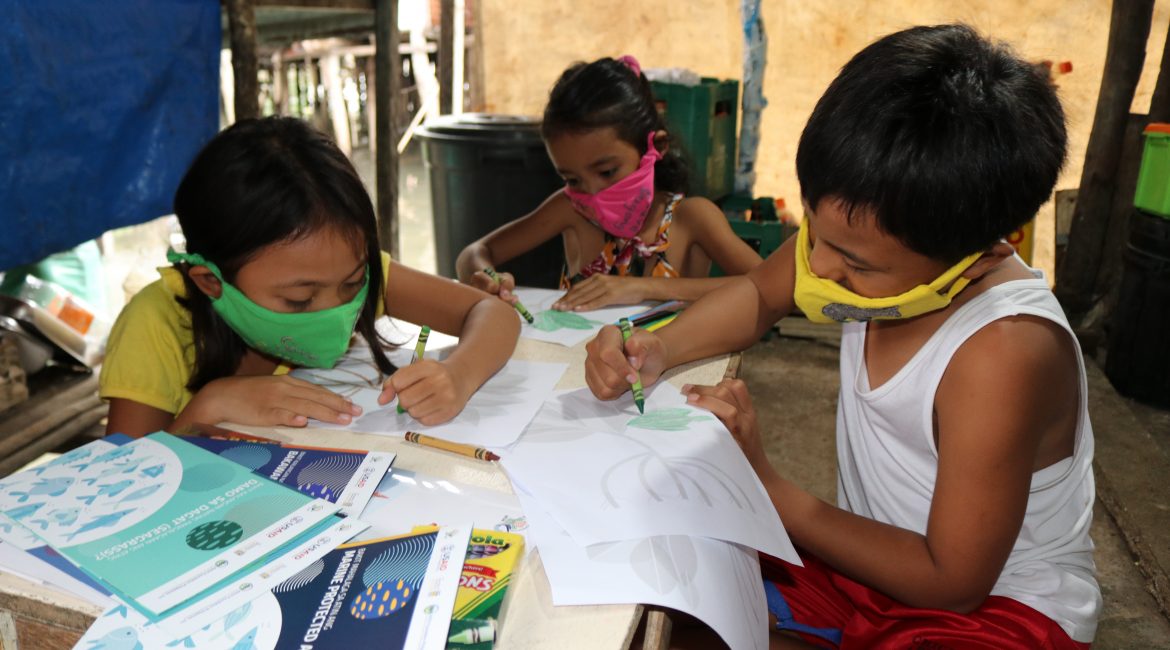The celebration of the International Youth Day (IYD) 2021 comes on the heels of the release of the report from the Intergovernmental Panel on Climate Change (IPCC), dubbed as “a code red for humanity” by the UN Secretary General UN Secretary General António Guterres.
The IPCC report stressed that the severity of global warming has altered our planetary support systems so badly that reversing these damages would take hundreds of years.
The message is strong: “We need to act now, better and together, to protect our people and our planet.” Indeed, our recent circumstances, especially with the COVID-19 pandemic, have also shown us more clearly that the problems we confront are interconnected; thus, these require integrated and not siloed responses.
This year’s IYD theme, “Transforming Food Systems: Youth Innovation for Human and Planetary Health” captures the interconnected nature of our current pressing issues and the ideal approach that we should employ in tackling these.
For one, human and planetary health, and our food systems are interlinked. When further examined, we can see that these are also linked to other concerns, such as population dynamics, biodiversity, water, energy, livelihoods and even governance, among others. Given this, systems thinking, multisectoral collaboration, and integrated Population, Environment and Development (PED) approach should be applied to adapt to the “new normal” in understanding and responding to solving rhizomatic challenges arising from interdependent dynamics of different sectors.
Engaging the youth
Pursuing integrated actions such as the PED approach in bringing solutions to humanity’s and environmental crises necessitates broader and profounder engagement of stakeholders. As the sectors with a major stake in the future of the planet, involving the youth is an imperative.
Tapping into the energies, abilities and interests of the youth and providing them with concrete mechanisms for meaningful participation are valuable in magnifying the outcomes of development interventions—be it in enhancing human and planetary health conditions, in transforming food systems to become more equitable and sustainable, or in making local governance more transparent and accountable, and so on. There is a growing concern of the youth on the degrading state of the environment resulting from climate change and unsustainable use with increasing demand among others. This should then be leveraged and complemented with capacity-building support to make youth-led initiatives more effective and transformative.
Yet engaging the youth requires beyond providing them the platform, it is important to deepen their understanding about the interlinkages of crucial challenges the people and the planet face. This will ensure the youth to become active players, owners and catalyst of integrated and holistic solutions. Now is the best time to amplify that these challenges do not occur in compartments and dealing with them independent of one another may not yield the best outcomes compared to when analyses and solutions are integrated.
PATH Foundation Philippines, Inc. (PFPI) experience
Several PFPI-implemented projects integrating Population, Health and Environment (PHE) have also put primacy on mainstreaming youth empowerment and participation in intervention design and implementation.
For instance, in the IPOPCORM Project, trained peer educators assumed dual stewardship: responsibilities for the youth—especially on sexual and reproductive health and rights—and of their natural environment. EMPOWER Project, on the other hand, educated the youth on food security alongside PHE. Cascading this to other young people at the community level were operationalized through peer education, a popular community-based mentoring approach.
A key lesson learned from the PHE experience in the Philippines is that the youth are an untapped resource who need opportunities and platforms where they can exercise their full potentials, including working with the government on policymaking and programming that mainstreams integrated approaches such as the PHE or PED.
The BUILD Project
PFPI is a key player of a USAID-supported global Population, Environment and Development (PED) initiative that implements the Building Capacity for Integrated Family Planning/Reproductive Health (FP/RH) and PED Action (BUILD) Project. BUILD promotes systems thinking and advocates for cross-sectoral approaches to foster commitments for voluntary FP/RH in the environment and development sectors, with gender equality and youth empowerment at the core.
BUILD recognizes that mobilizing and leveraging the youth potential to participate, lead, and have a voice in the solutions is the key to building resilience and adapting to the current and future pandemic. With the youth at the forefront, armed with holistic analysis and cohesive tools, we can be optimistic that we can dream with the youth of a healthy population and environment that can overcome even a global code-red global emergency.


